Is India Ready for Electric Vehicles?
India is making significant strides in preparing for the adoption of electric vehicles (EVs). The country has seen a rapid increase in EV registrations, with a projected EV market penetration of 10 to 15 percent by 2030. The government has introduced initiatives such as the Faster Adoption and Manufacturing of (Hybrid and) Electric Vehicles (FAME) to promote electric mobility, along with tax incentives for EV owners and the development of public EV charging infrastructure.
Additionally, the charging infrastructure segment includes charging infrastructure, battery swapping stations, and businesses built on traction battery. While there are still challenges such as the lack of robust charging infrastructure and limited choice of EV models, India is taking steps to address these issues and improve the EV ecosystem. The Indian government aims to have EVs comprise 30% of new private vehicle registrations, amounting to 8 crore EVs, by 2030. Therefore, India is on the path to being ready for electric vehicles, with ongoing efforts to overcome remaining barriers and promote EV adoption.
The Current Landscape
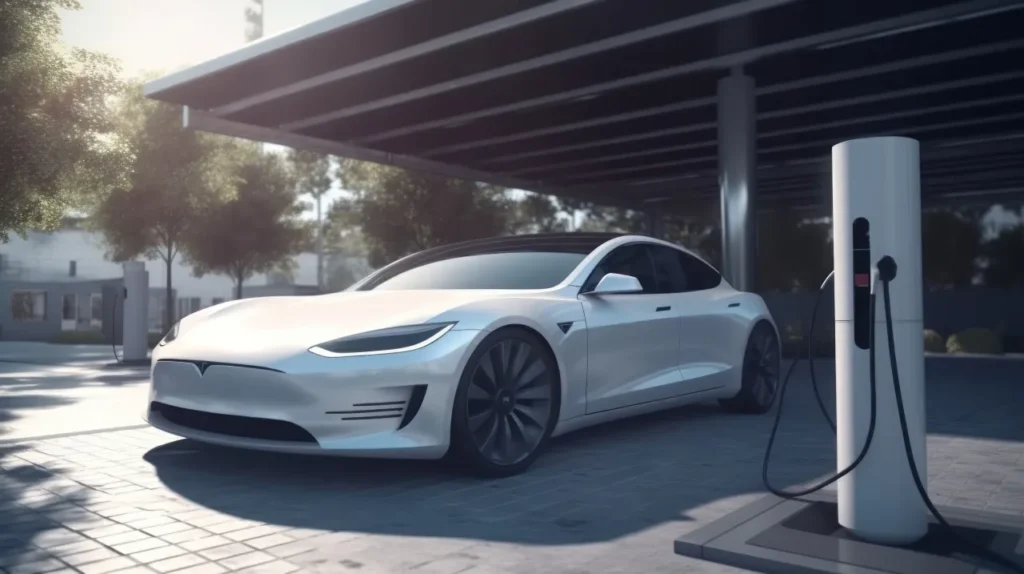
India’s automobile market has been predominantly fueled by traditional internal combustion engine vehicles. Before exploring the readiness for electric vehicles, let’s first understand the existing automotive terrain in the country.
Traditional Fuel Challenges
Highlighting the challenges faced by traditional fuel-based vehicles, such as rising pollution levels, escalating fuel prices, and increasing dependence on fossil fuels.
Government Initiatives
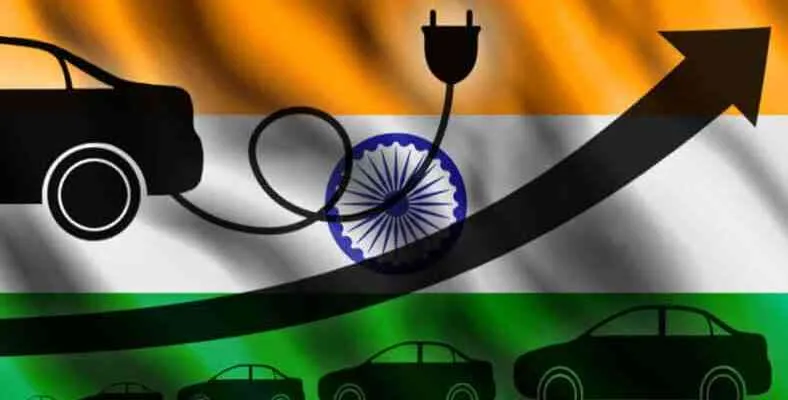
Policy Framework
Explore the government’s role in fostering the EV ecosystem through policies, incentives, and regulations.
FAME Scheme
Discuss the Faster Adoption and Manufacturing of Hybrid and Electric Vehicles (FAME) scheme and its impact on EV adoption.
Incentives for Manufacturers
Highlight government incentives aimed at encouraging manufacturers to produce electric vehicles.
Infrastructure Development
Examine the current state of EV infrastructure, focusing on charging stations and how the government is working towards improving accessibility.
Industry Trends
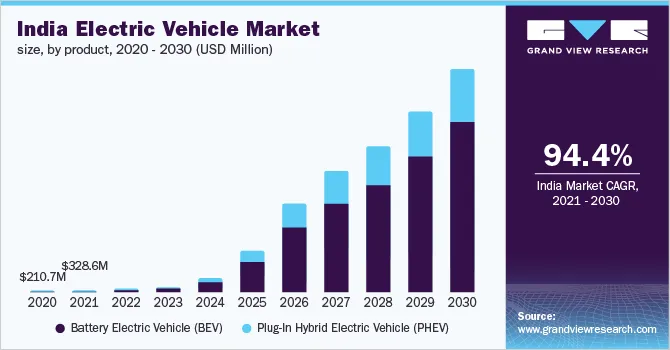
Growing EV Market
Explore the upward trajectory of the electric vehicle market in India, examining sales figures and market share.
Entry of Global Players
Discuss how the entry of international automotive giants is shaping the Indian EV landscape.
Indigenous Manufacturers
Highlight the contributions of indigenous manufacturers in driving the EV movement.
Consumer Perception
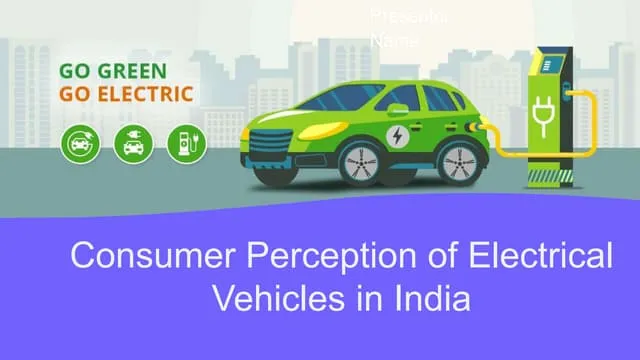
Affordability
Address the concern of EVs being perceived as expensive and how this affects consumer adoption.
TCO Advantage
Discuss the Total Cost of Ownership (TCO) advantage that electric vehicles offer in the long run.
Range Anxiety
Explore the psychological barrier of range anxiety among consumers and how it can be mitigated.
Technological Advancements
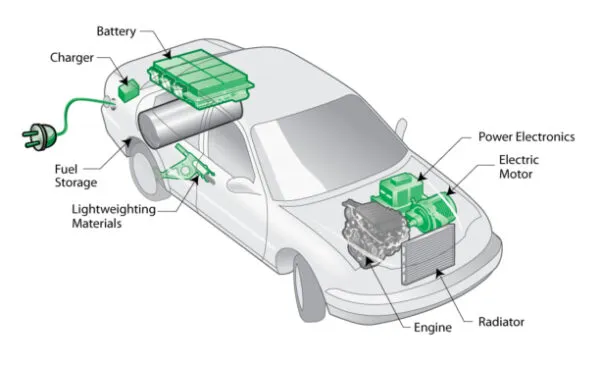
Battery Technology
Delve into the advancements in battery technology and how it is influencing the performance and affordability of electric vehicles.
Charging Innovations
Discuss innovations in charging technology and their role in making EVs more convenient for users.
Environmental Impact
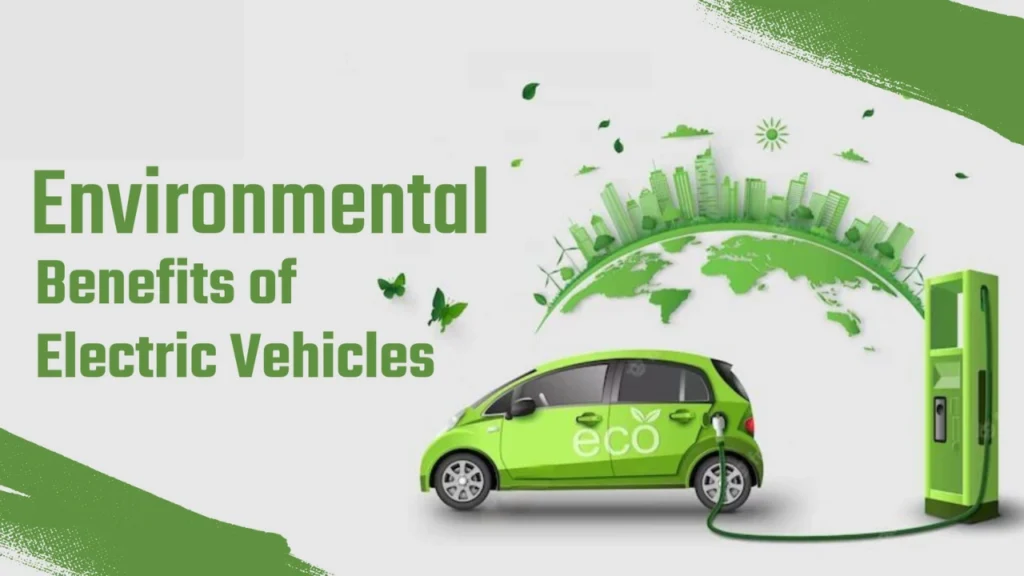
Emission Reduction
Highlight the environmental benefits of transitioning to electric vehicles, focusing on reduced carbon footprint.
Recycling Challenges
Address the challenges associated with recycling electric vehicle components and batteries.
Future Outlook
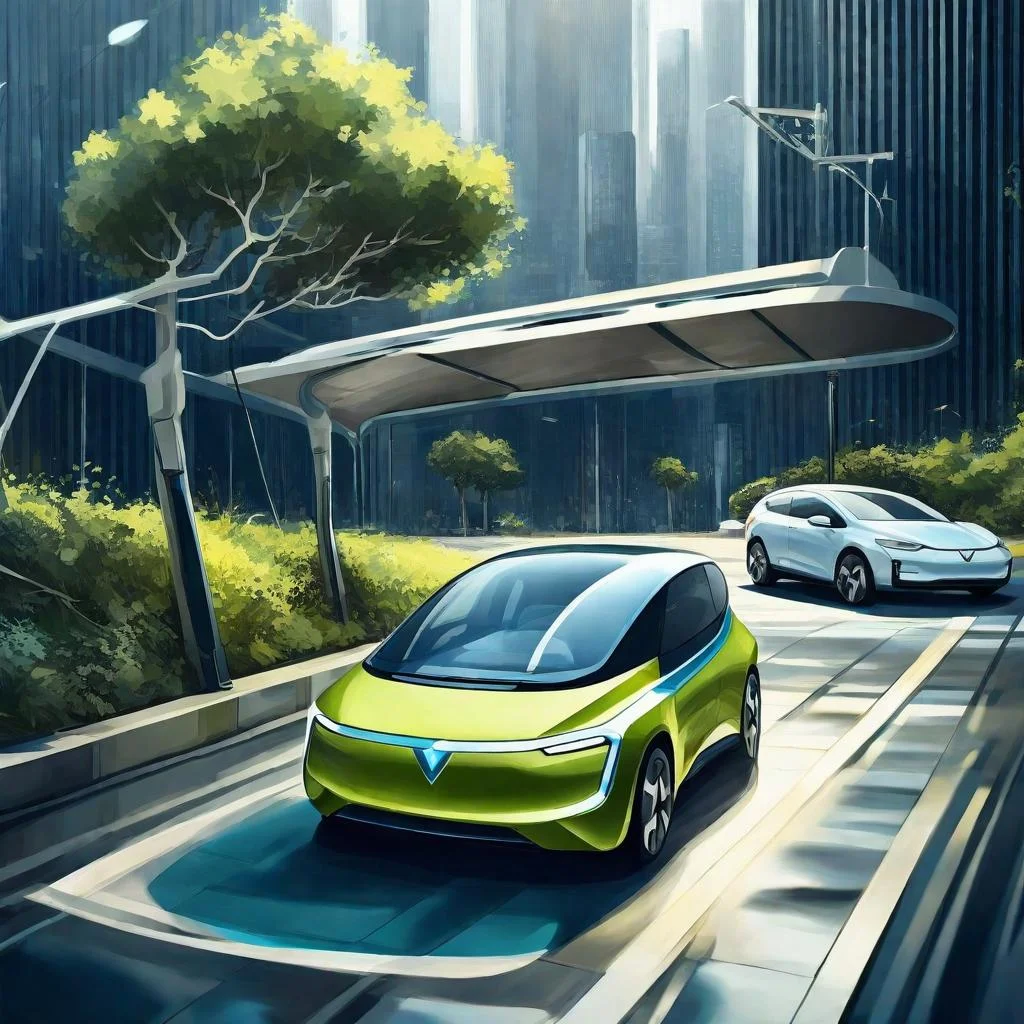
Growth Projections
Present growth projections for the electric vehicle market in India, supported by industry experts’ insights.
Challenges to Overcome
Discuss the remaining hurdles and challenges that need to be addressed for seamless EV integration.
Conclusion
Summarize the key points and offer a perspective on whether India is truly ready for electric vehicles in 2024.
FAQs about Electric Vehicles in India:
1. Are electric vehicles more expensive than traditional vehicles in India?
Ans: While the initial cost may be higher, considering the Total Cost of Ownership (TCO), electric vehicles often prove to be more economical in the long run.
2. How is the Indian government supporting electric vehicle adoption?
Ans: The government is actively supporting EV adoption through incentives, policies like the FAME scheme, and infrastructure development, including charging stations.
3. What is range anxiety, and how is it being addressed in India?
Ans: Range anxiety refers to the fear of an electric vehicle running out of charge. In India, efforts are being made to enhance charging infrastructure and improve battery technology to mitigate this concern.
4. What are the major challenges hindering the widespread adoption of electric vehicles in India?
Ans: Challenges include the high initial cost, limited charging infrastructure, and the need for public awareness. Addressing these issues is crucial for widespread EV adoption.
5. Are indigenous manufacturers contributing significantly to the Indian electric vehicle market?
Ans: Yes, indigenous manufacturers are playing a pivotal role in shaping the Indian EV market, offering innovative solutions and contributing to the overall growth of the sector.

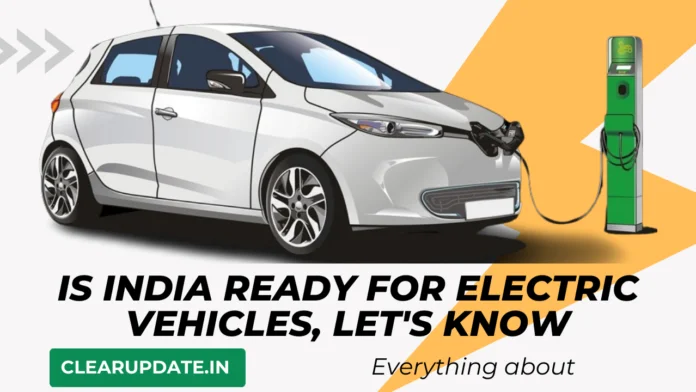

[…] Read Also: Is India Ready for Electric Vehicles, Let’s Know | Clear Update […]
[…] Read Also: Is India Ready for Electric Vehicles, Let’s Know | Clear Update […]